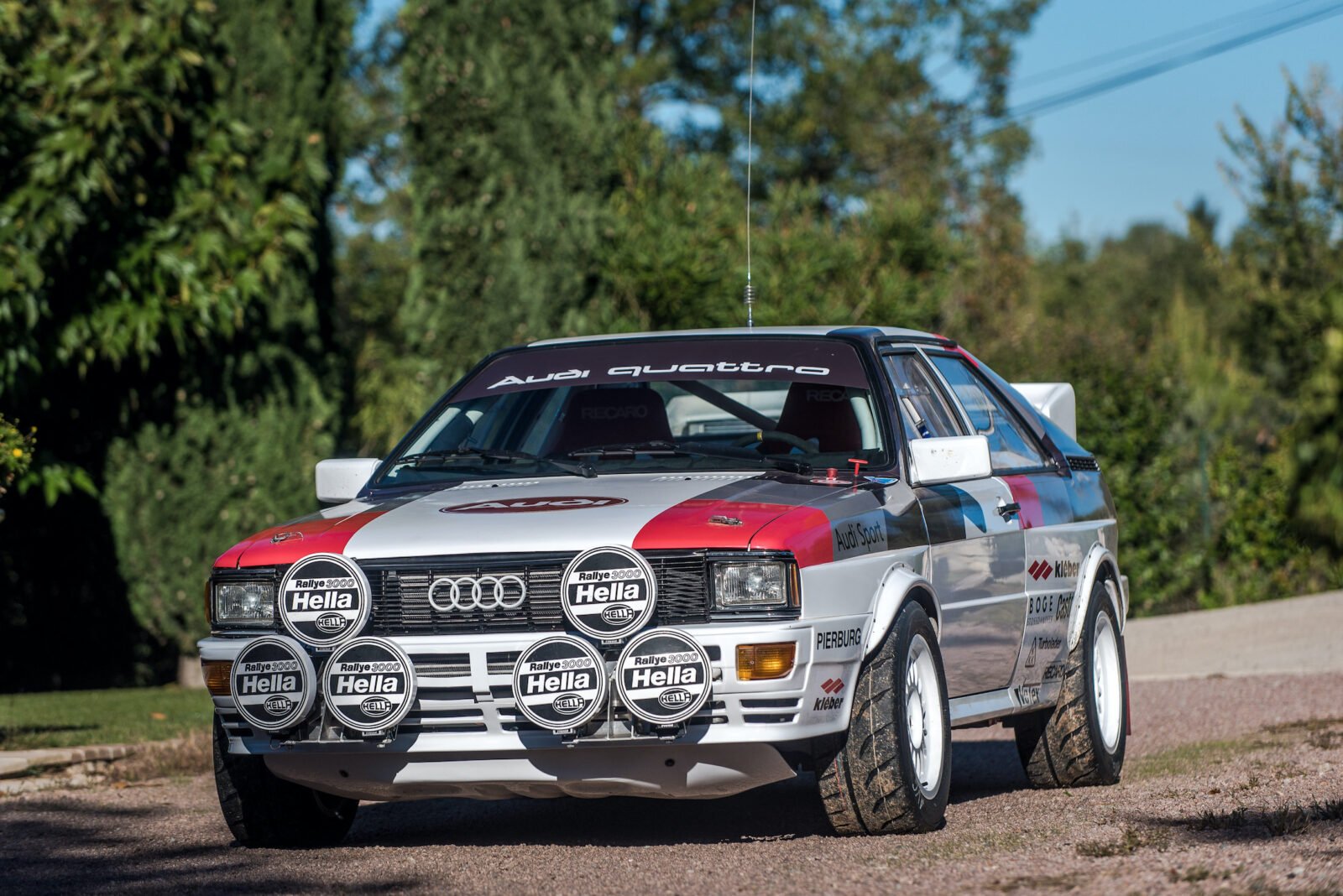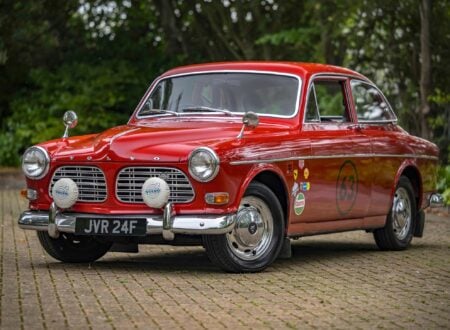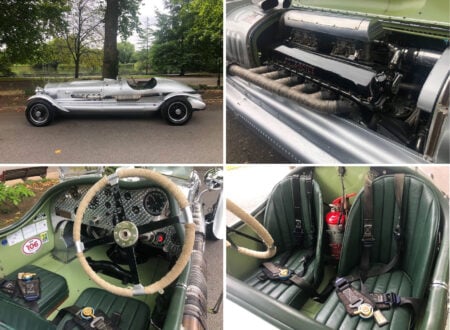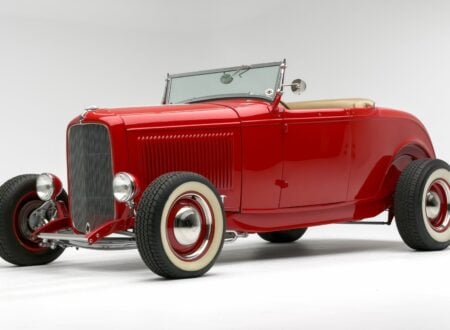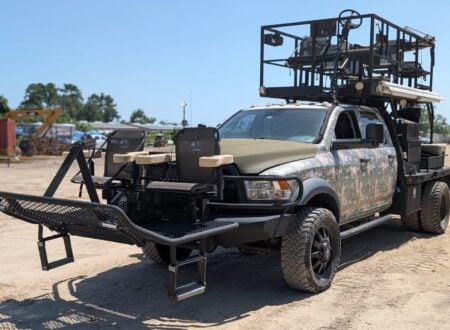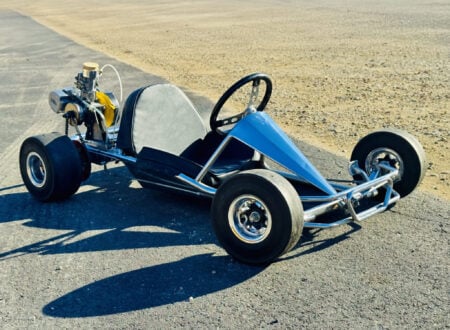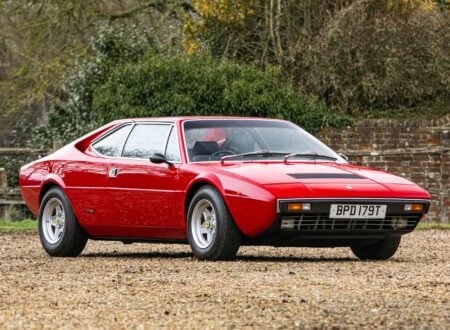On the 3rd of March 1980 when Audi first showed their new Quattro to the world it was seen as an unusual and intriguing new car, but no one could possibly have guessed how much of an impact it would have on the world of rally competition.
Fédération Internationale du Sport Automobile (FISA) legalized all-wheel-drive in 1979, most manufacturers thought it was too complex to be a success and would increase the weight of cars too much to be of value. Audi had already been experimenting with all-wheel drive cars since 1977 thanks to Audi chassis engineer Jörg Bensinger who had realised that the four-wheel drive Volkswagen Iltis had excellent traction on loose terrain, and that this feature may be useful to road cars.
Working with Walter Treser, the Director of Pre-Development, an all-wheel drive Audi 80 was developed and tested extensively. Audi executives were impressed enough to put it into production, and the timing of the rule change couldn’t have been better.
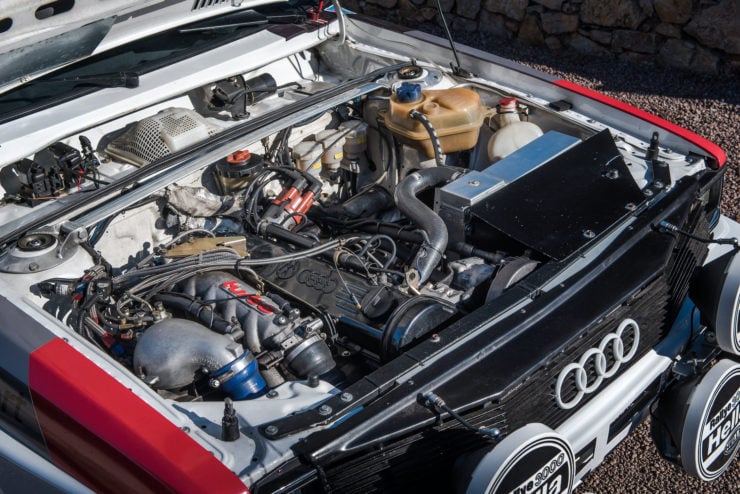
Prior to the 1980s the World Rally Championship had been dominated by small, rear-wheel drive cars like the Alpine-Renault A110, the Lancia Stratos HF, the Ford Escort RS1800, and the Fiat 131 Abarth.
The Audi Quattro made its race debut in 1980, they treated the year as a development season to build up experience with the new all-wheel drive system. In 1981 driver Michèle Mouton became the first female driver to win a WRC rally, driving an Audi Quattro.
By 1982 the newly developed iterations of the Quattro won the WRC manufacturers championship, with another win coming in 1984. Hannu Mikkola won the WRC driver’s championship in 1983 piloting a Quattro, followed on a year later by Stig Blomqvist winning the same championship in his Quattro.
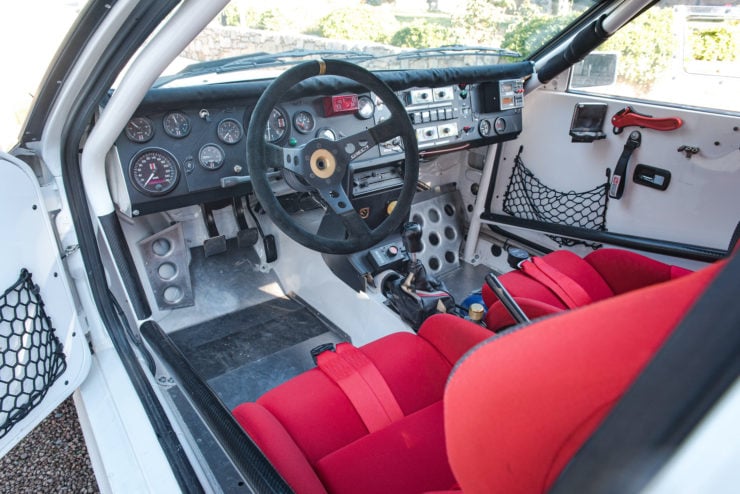
Today these original Quattros are highly respected and much sought after, Audi has named all of their all-wheel drive vehicles since with a lowercase “q” – quattro, as a mark of respect.
The 1981 Audi quattro Group 4 Shown Here
The Audi quattro Group 4 you see here was built specifically to compete in vintage motorsport competition, it started out as a 1981 quattro B2 however it’s now been completely rebuilt into a fire-breathing, all-wheel drive rally car with an FIA HTP valid through to 2026.
Under the hood you’ll find the legendary turbocharged 2.1 litre inline five-cylinder engine, which was prepared in 2014 by Lehmann, a Liechtenstein-based Audi Sport engine provider. In order to meet FIA regulations the car retains its Bosch K-Jetronic fuel injection system, twin fuel pumps, and a 1.1 bar (16 lbs) KKK turbocharger.
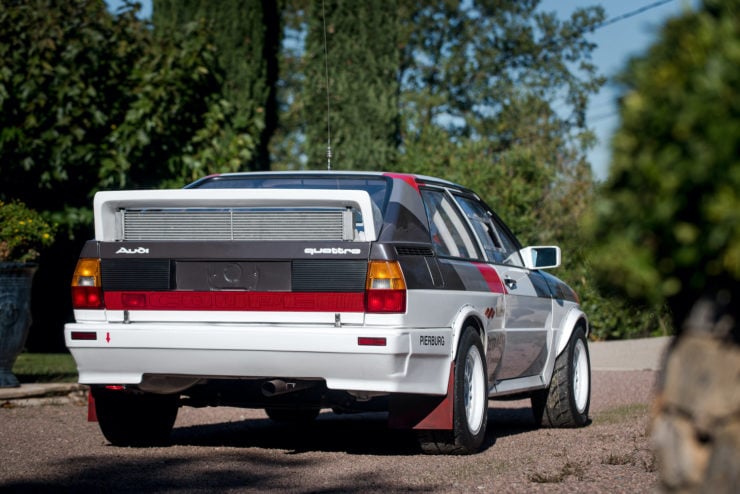
The five-speed gearbox sends power to all four wheels via the ZF central differential and the self-locking front and rear differentials. The suspension includes Bilstein shock absorbers and Eibach/Audi Sport MacPherson struts, brakes consist of four-piston calipers, and the car retains 8 inch wide wheels wearing Toyo R888 competition tires.
The car has been thoroughly overhauled and prepared for racing with a custom-fabricated multi-point roll cage, Recaro racing seats fitted with Sparco six-point harnesses, a fire-suppression system, and a custom, stripped interior with extensive instrumentation including the obligatory trip master and digital stopwatches necessary for timed rallying.
It’s now for sale as a turnkey vintage racing package including a slew of spare parts, if you’d like to read more or register to bid you can click here to visit the listing on RM Sotheby’s.
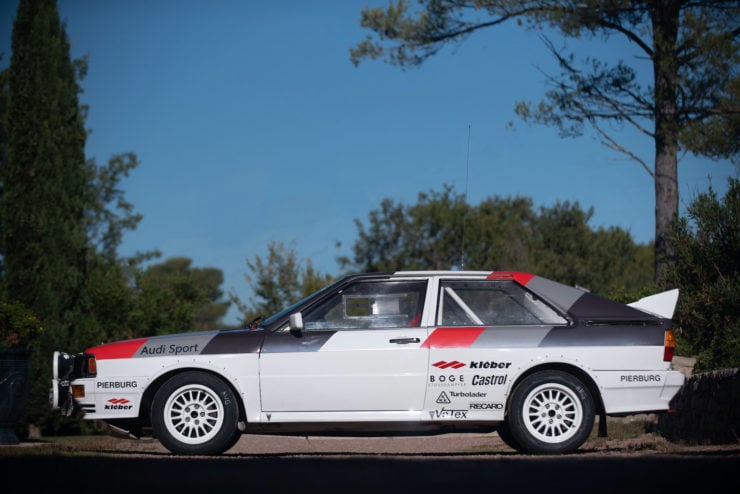
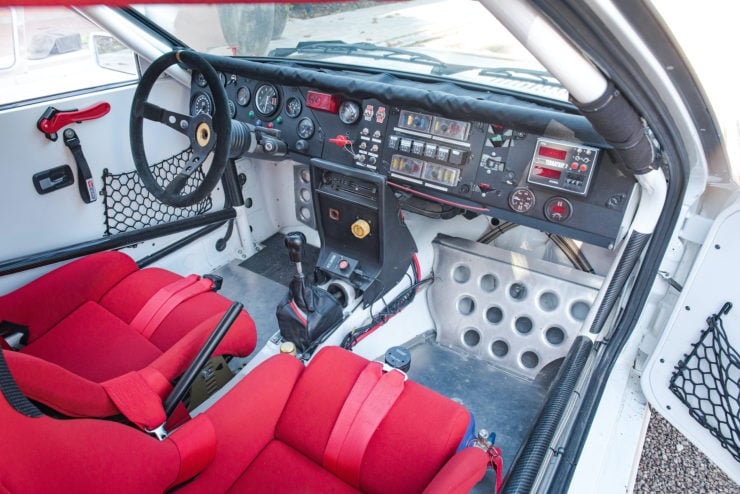
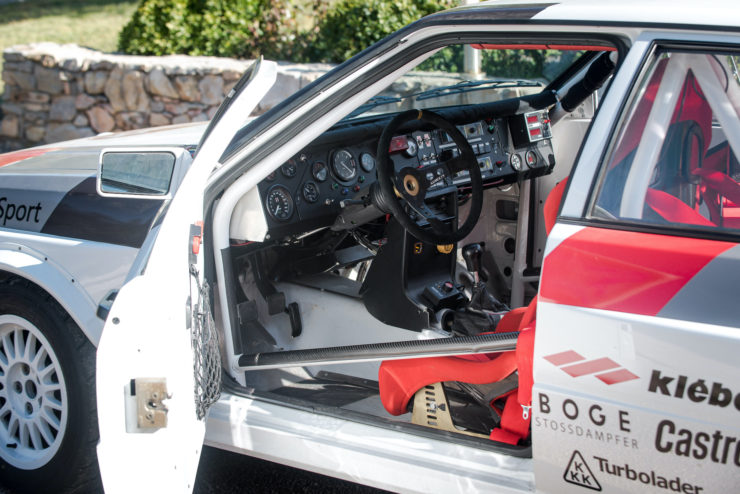
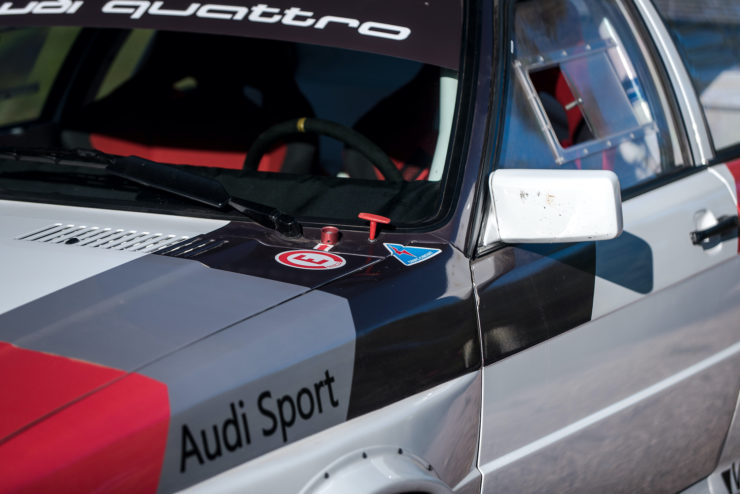
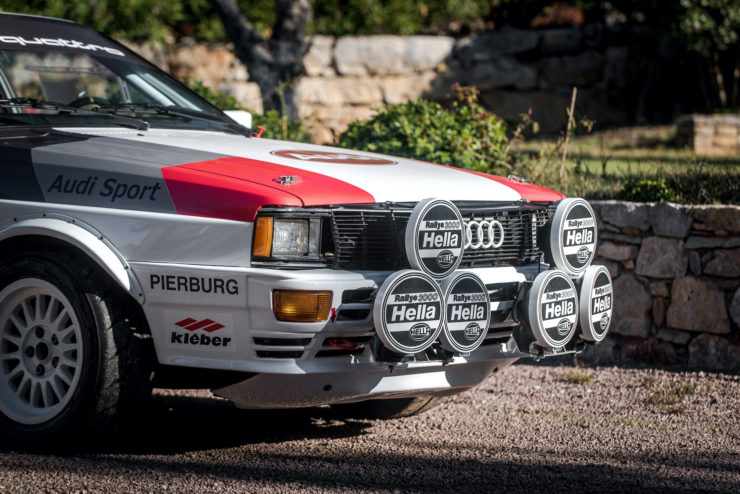
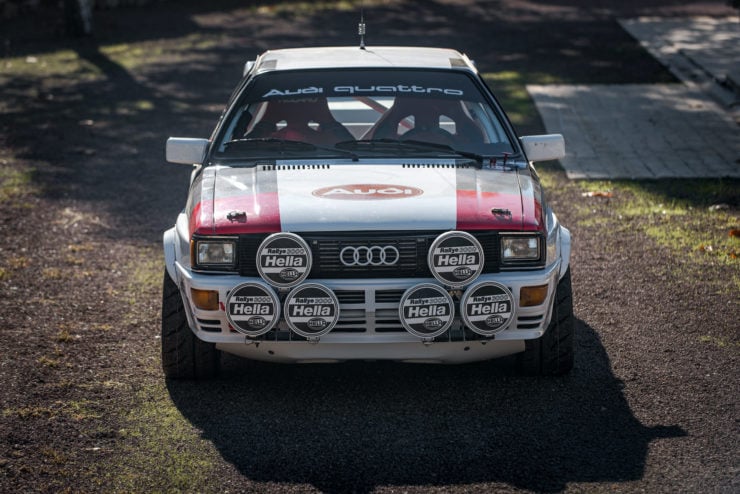
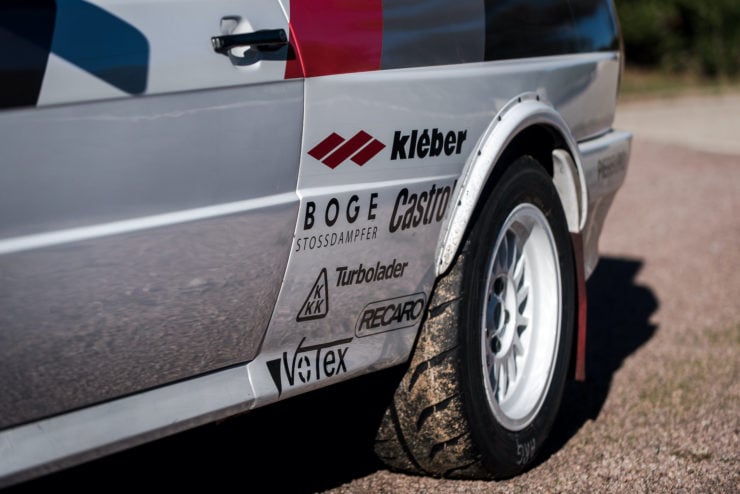
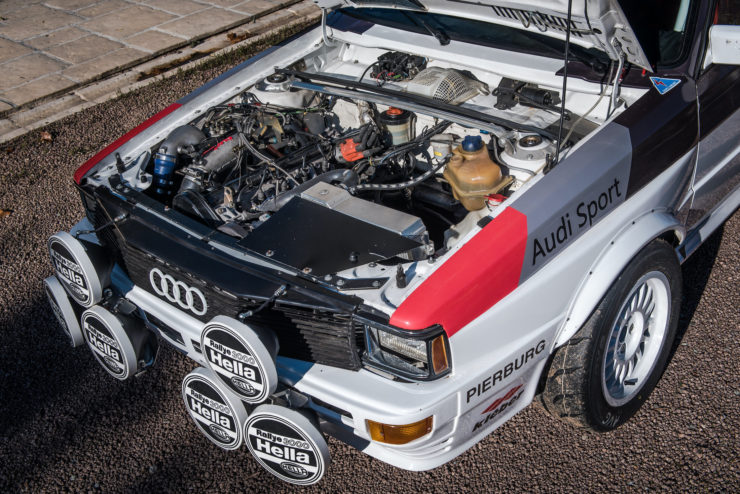
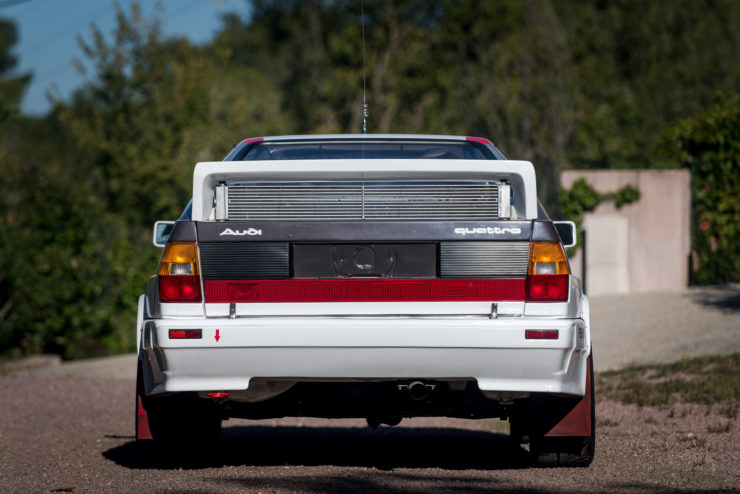
Images: Loic Kernen ©2020 Courtesy of RM Sotheby’s

